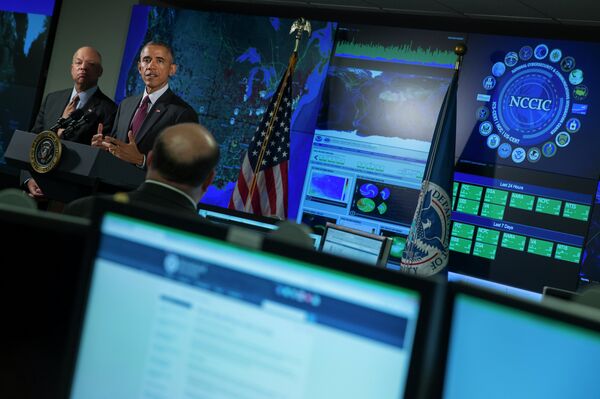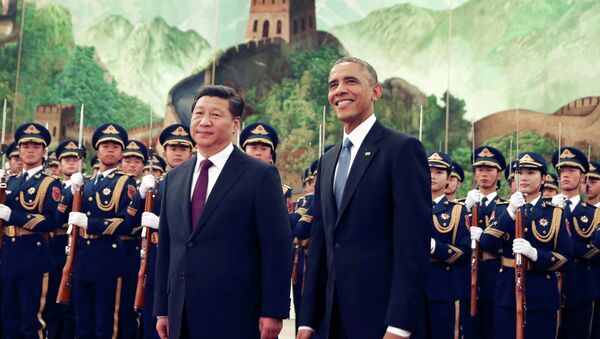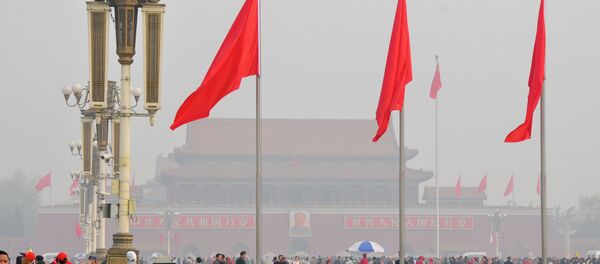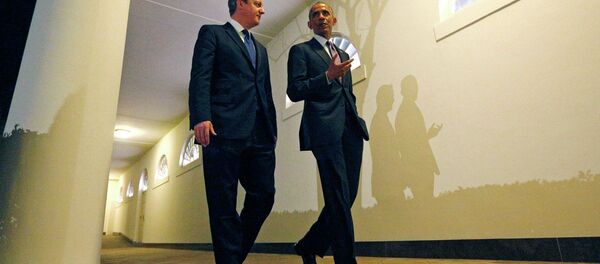China released a few demands last week. If US tech companies want to do business in China – and given the market size, yes, tech companies want to do business in China – then they’ll have to place servers in China. They’ll also have to provide encryption keys, and allow the Chinese government special surveillance access into their systems.
President Obama is, understandably, a little wary. Tech companies are weary. Giving a global superpower “backdoor” access to servers used by millions of people feels a bit like Big Brother. It’s uncomfortably dystopian.
But as the Snowden documents revealed, this is exactly the kind of unfettered access enjoyed by the United States.
“This is something that I’ve raised directly with President Xi,” Obama told Reuters. “We have made it very clear to them that this is something they are going to have to change if they are to do business with the United States.”
This is a very different tune than the one sung earlier this year, when both President Obama and Prime Minister David Cameron expressed their intention to pressure tech giants into cooperating with Western intelligence agencies.
“We’re still going to have to find ways to make sure that if an al-Qaeda affiliate is operating in Great Britain or the United States that we can try to prevent real tragedy,” Obama said during a joint news conference. “And I think the companies want to see that as well. They’re patriots, they have families that they want to see protected.”

Though these two statements are spaced only six weeks apart, they couldn’t be further at odds with each other. On the one hand, Obama sees digital surveillance as a crucial tool of patriotism, vitally necessary to stem the tide of terrorism both foreign and domestic.
On the other hand: not when China does it.
Coincidentally, this dire need for national security is the same tactic taken by the Chinese government. In calling for this counterterror law, leaders in Beijing cite the dangers posed by religious extremists in the region of Xinjiang.
“As you might imagine tech companies are not going to be willing to do that,” Obama told Reuters.
But many tech companies have done that in the past. As the Guardian reported in 2013, the Snowden documents revealed that Microsoft provided the NSA with direct access to encrypted messages. Even last year, both the FBI and NSA warned Internet companies not to use encryptions that law enforcement couldn’t crack.
Given that China is one of the world’s largest, rising economies, it may prove too tempting a market for tech companies to ignore. Especially if these “new” business conditions are ones they’ve already been forced to follow for years, now.




